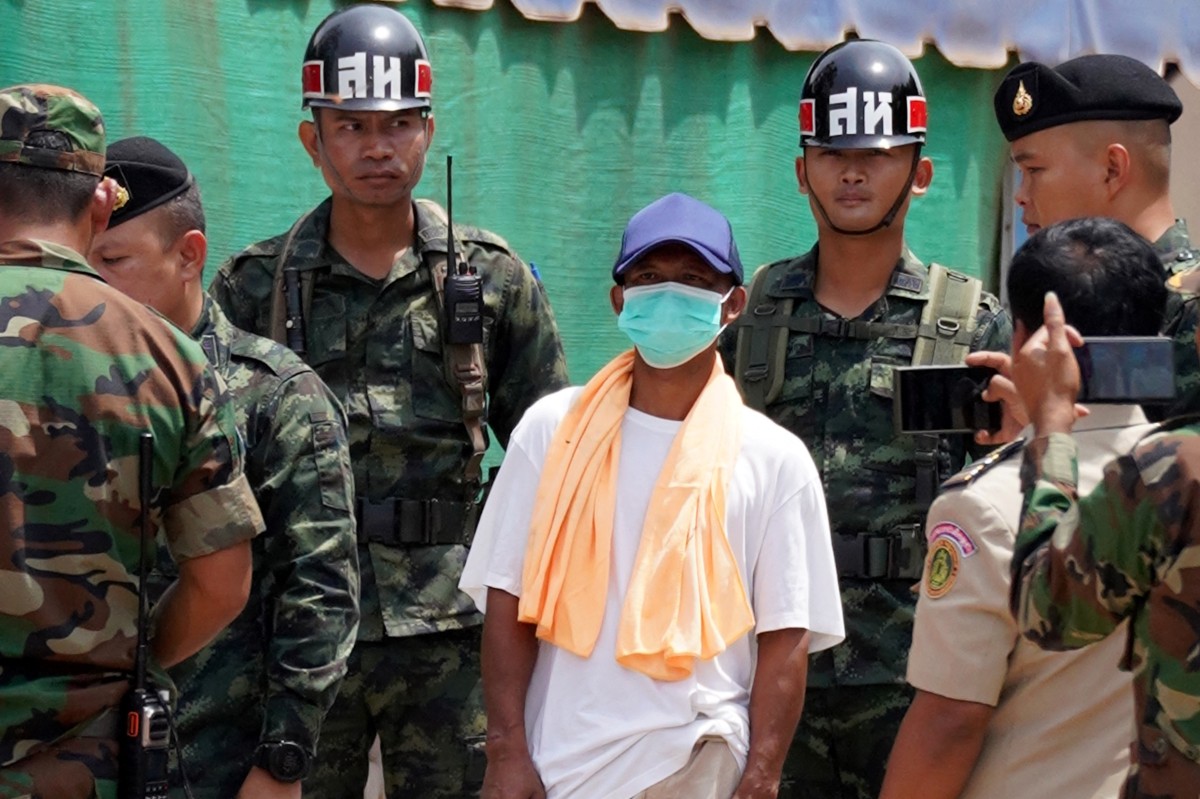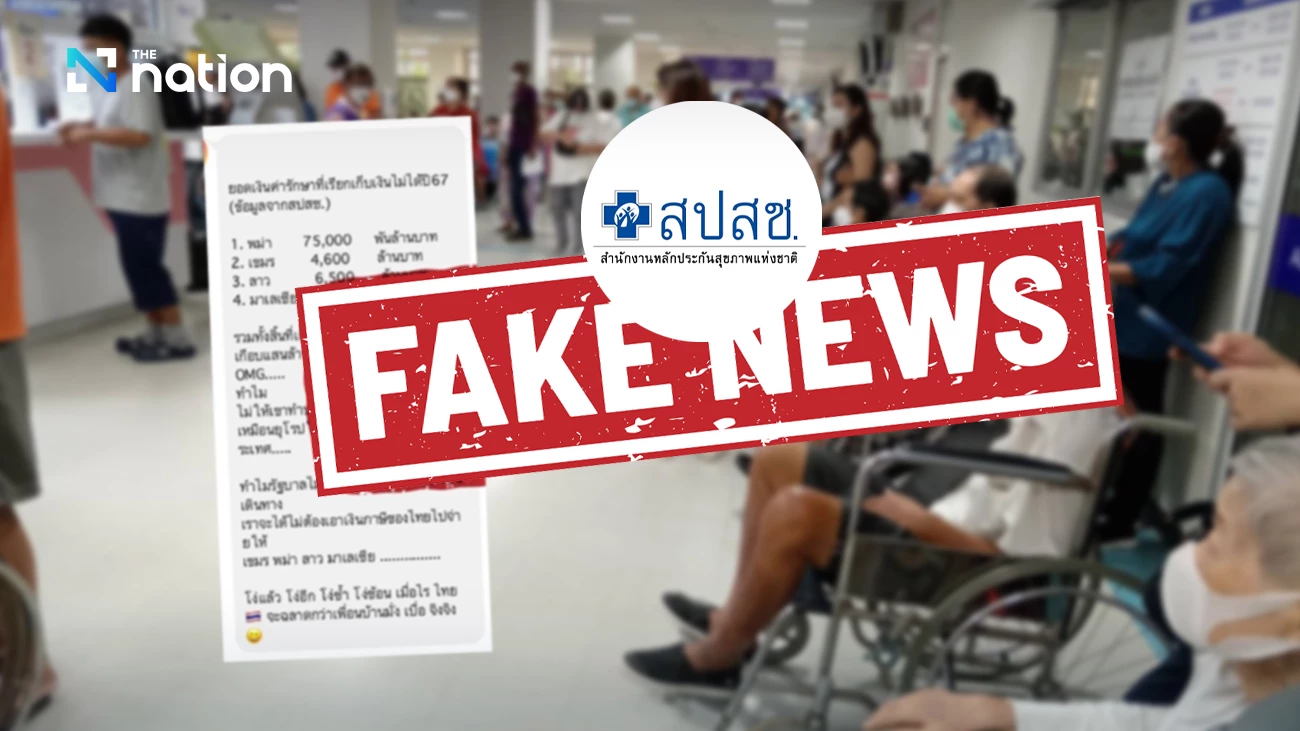Escalating Tensions: Thai Army Deploys Amid Cambodian Border Claims, POW Standoff

Ongoing tensions between Thailand and Cambodia continue to manifest across several fronts, involving issues from the detention of prisoners of war to allegations of territorial encroachment and the use of landmines. Thailand consistently asserts its adherence to international law and humanitarian principles while defending its sovereignty.
The Royal Thai Army, through its spokesman Maj Gen Winthai Suwaree, firmly stated Thailand's right under international law to detain 18 Cambodian prisoners of war (POWs) captured on July 29. Citing the Geneva Conventions, Winthai emphasized that their repatriation would occur only once a ceasefire and cessation of hostilities are concrete and fully effective, ensuring they do not return to combat. This stance, he noted, aligns with international legal and humanitarian principles and is understood by allied countries and international organizations, contrary to Cambodia's claims of illegal detention. From the outset, Thailand has facilitated visits, including one on August 5 by a four-member delegation from the International Committee of the Red Cross (ICRC), which inspected the detainees' conditions.
Further addressing border tensions, the Royal Thai Army (RTA) is set to lead the ASEAN Interim Observation Team (IOT) on a visit to the Thai-Cambodian border to monitor alleged breaches of international law and ceasefire conditions by Cambodian troops. This initiative follows earlier successful trips for international governments and organizations, including ASEAN envoys and representatives from countries that ratified the Ottawa Convention—which bans landmines. During a visit to Si Sa Ket province, envoys reportedly witnessed evidence of anti-personnel mines allegedly laid by Cambodian troops and spoke with affected residents. The Thai government anticipates these findings will be reported to respective governments and raised within the international community.
In parallel, the RTA, in coordination with the Foreign and Interior Ministries, facilitated a visit by ICRC representatives to assess the humanitarian impact of cross-border attacks on civilians in Surin, Si Sa Ket, and Ubon Ratchathani provinces. ICRC representatives interviewed local residents in various districts to gather facts on the ground. The ICRC will compile a confidential report on the humanitarian impact of the conflict, which will be submitted directly to both Thailand and Cambodia, without public disclosure. This demonstrates Thailand’s commitment to strengthening humanitarian protection mechanisms.
Regarding territorial integrity, government spokesman Jirayu Houngsub insisted that Cambodians had betrayed Thai hospitality and humanitarian aid by establishing a community on Thai soil at Ban Nong Chan village in Sa Kaeo. This village, in Tambon None Mak Moon in Sa Kaeo’s Khok Sung district, was initially a temporary shelter for Cambodians fleeing civil war in 1977. Jirayu alleged that Cambodia exploited Thailand’s humanitarian assistance to hundreds of thousands of refugees, using the opportunity to encroach on Thai soil. He further claimed that Cambodian refugees refused to return home, instead expanding their community on Thai territory. Jirayu’s remarks were a response to an American lobbyist hired by the Cambodian government who alleged that Thai troops blocked Cambodians from returning home by sealing off their village with razor wire.
Jirayu reiterated Thailand's long-standing readiness to be a good neighbor, offering to settle border disputes through bilateral mechanisms like the Joint Boundary Committee. However, he accused the Cambodian government of using its citizens as a
You may also like...
Lookman Under Spotlight as Atalanta Face Slavia Prague Challenge

Ademola Lookman is set to start for Atalanta against Slavia Prague in a decisive UEFA Champions League tie, under pressu...
CAF Player of the Year Race Heats Up: Osimhen, Nwabali, Lookman Vie for Top Honours

Nigerian stars Victor Osimhen, Stanley Nwabali, and Daniel Bameyi lead their nation's nominations for the 2025 CAF Award...
Wizarding World Casting Coup: 'Pirates' & 'Derry Girls' Stars Join New Harry Potter Adaptation!

Pottermore Publishing and Audible have announced new additions to the star-studded cast of Harry Potter: The Full-Cast A...
Hollywood's AI Revolution: Kevin O'Leary Advocates Robot Extras to Slash Movie Costs

Kevin O'Leary, investor and 'Shark Tank' host, argues that artificial intelligence can significantly cut film production...
Rock Titans Unite: System of a Down, Korn, Deftones to Dominate 2026 Sick New World Festivals

The Sick New World festival is making a grand return in 2026, featuring two one-day concerts in Las Vegas and Fort Worth...
Tragedy Strikes: Limp Bizkit Bassist Sam Rivers' Possible Cause of Death Unveiled

Limp Bizkit co-founder and bassist Sam Rivers has passed away at 48, with reports indicating an 'attended death' followi...
Royal Lodge Lock-In: The Shocking Reason Prince Andrew Can't Be Forced Out!

Prince Andrew faces mounting pressure to leave Royal Lodge after revelations surfaced about his 'peppercorn rent' arrang...
Victoria Beckham Breaks Silence: Unfiltered Truth on David's Scandalous Past Revealed!

Victoria Beckham has directly addressed the long-standing allegations of an affair between her husband David Beckham and...


